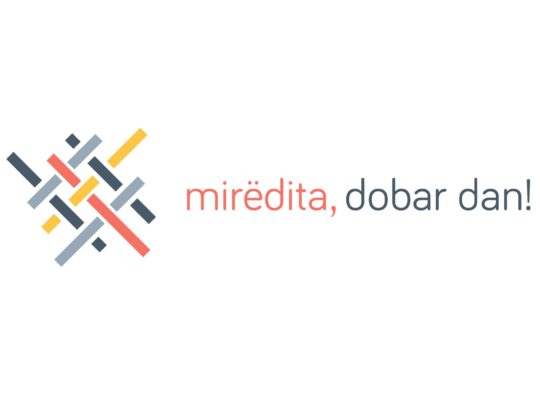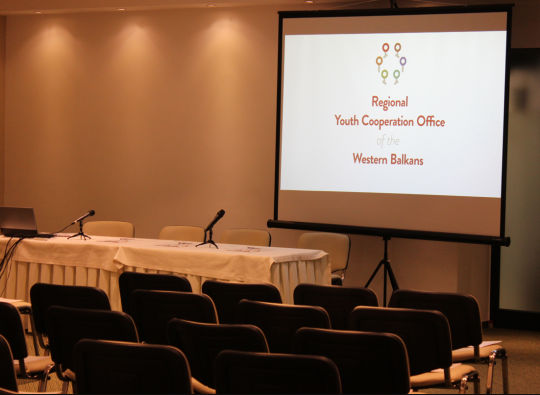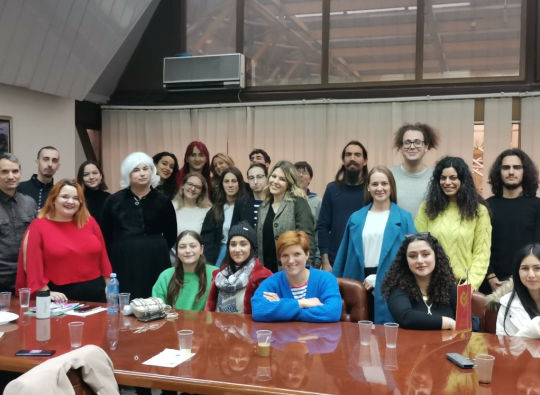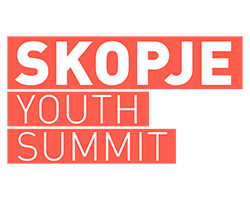During their stay in the town marked by the war of the 1990s, the participants had an opportunity to meet with activists who deal with the victims of war crimes and human rights violations from Vukovar, visit memorial sites that mark the places of war suffering, such as the Memorial Home Ovčara, and discuss and exchange views on the past, present and future.
Young people between 18 and 26 years of age, members of the so-called second generation that was not involved directly in the events of the 1990s, were actively questioning dominant narratives, looking for all the facts from that period, including those actively concealed or hidden in the public space today, more than 20 years after the war. Starting from respect for every innocent victim, especially civilians, regardless of their nationality or the nationality of the perpetrator, young people were listening and discussing, with high level of respect, the suffering of both Croats and Serbs from the Vukovar area.
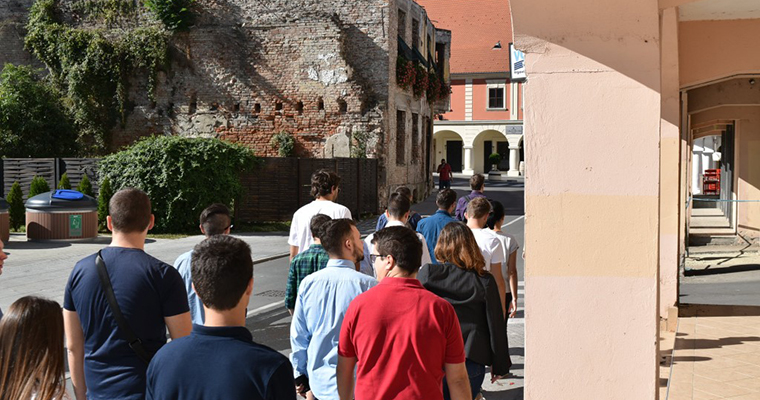
In addition to visiting the Memorial Home Ovčara, the participants also had the opportunity to attend the opening of the exhibitions ‘Walls Between People’ and ‘Borderline’ by French and Italian authors on the topic of borders that both connect and divide, and the screening of the documentary ‘Oš’ me pozdravit’ u busu’ (Will You Say Hi to Me on the Bus) organised on the boat on the Danube on the very border between Croatia and Serbia.
Wishing to learn from mistakes from the past so that the same or similar conflicts not happen again, at the conference ‘From Our Perspective – Young People About Dealing with the Past’, held in the Vukovar Town Museum, young people discussed how education about the past could and should look like and, under professional guidance, developed their ideas and proposals at the workshops. They have concluded that, although they were not part of the conflicts which divided the states and people of the region, and are not responsible for what happened in the past, they still have huge responsibility for the ways of dealing with the past in the present, as this is the process that will build our society for the future.


